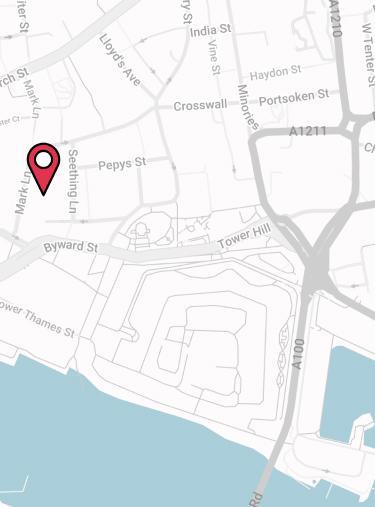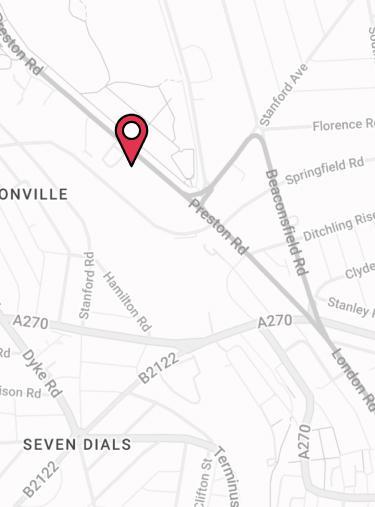How can we pass our buy-to-let properties to our beneficiaries with the least amount of inheritance tax?
Is inheritance tax due on buy-to-let properties? We have a couple of rental properties and if they are liable to inheritance tax, what’s the best way to pass them on to our beneficiaries without being hit by a large tax bill?
If you own these rental properties personally then yes, you will typically have to pay inheritance tax on buy-to-let properties.
They will form part of your estate when you die and you’ll be liable for inheritance tax (IHT) at 40% on any value above the single person’s threshold of £325,000 and you could therefore face a hefty IHT bill.
This can quickly add up to a substantial sum, especially when the value of your other assets is taken into account.
How to Reduce Inheritance Tax on Buy-to-Let Properties
One option is to sell these properties before you die to reduce your IHT liability; however, you will then be required to pay Capital gains tax (CGT) if the value of the property has increased since you purchased it.
Capital gains tax on the gains made on residential property in the 2019/20 tax year is either at 18% or 28% on any gain made over £12,000 (depending on whether you’re a standard rate or higher rate taxpayer).
Also, you will still have to pay IHT on the cash from the sale, which now forms part of your estate instead, unless you can spend it all before you pass away.
Gifting Assets and Inheritance Tax
If the properties have increased in price since you bought them, you’d still be lumbered with a CGT bill even if you gifted them to your heirs for nothing. In this instance, you’d pay CGT on the difference between the price when you bought the property and the market value when you gave it away.
Moreover, when it comes to inheritance tax, gifting the properties or the cash obtained from selling them requires you to live for 7 years – and potentially up to 14 years depending on whether you’ve made any gifts to certain trusts – after the date of the gift for the gift to be exempt from IHT.
If you live for less than 7 years after the gift, the recipient of the gift will be charged inheritance tax on the assets on a sliding scale depending on how long you lived after making the gift.
If you own the properties jointly, the value of the gift is split between yourself and your partner and each considered separately for inheritance tax purposes, so you’d both have to live for at least 7 years after making the gift for it to be classed as a potentially exempt transfer. If one of you died within 7 years, inheritance tax would be charged on the same sliding scale on their half of the gift to your beneficiaries.
The same rules apply if you sold the properties — potentially incurring a CGT bill — and then gave away the cash.
Beware thinking you can get around this by selling the properties to your heirs for less than their market value. Here, this is considered a gift by HMRC. The value of the ‘gift’ in this case is the difference in value between the market price and what you sold the asset for.
Inheritance Tax on Property Purchased Through a Limited Company
Buying property through a limited company might seem like an option to mitigate inheritance tax on your property portfolio when you die. However, it’s worth noting that you can’t simply transfer existing assets to a new limited company setup and reduce inheritance tax that way – this would be classed as ‘disposing’ of the assets and be chargeable under capital gains tax, eating into any inheritance tax savings.
Business property relief does exempt “a business or an interest in a business” from inheritance tax and, as such, passing on a share of a limited company is normally inheritance tax free.
However, you can’t claim the relief if the company “wholly or mainly” deals with securities, stocks or shares, land or buildings, or in making or holding investments. This means that a company that just holds properties and collects rent cannot claim business property relief.
As such, shares in a limited company which owns a portfolio of buy-to-let properties would not be exempt from inheritance tax under business property relief.
- Topics
- Inheritance Tax
- Retirees
Frequently Asked Questions
Our Estate is Worth More Than £2m – What Are the Inheritance Tax Rules for Us?
What's the Inheritance Tax Rate in 2025?
We Have No Children – Can We Still Make Use of the New Main Residence Allowance?
How Can I Avoid Inheritance Tax for My Beneficiaries?
Can We Avoid Inheritance Tax on ISA Portfolios?
Contact Us
125-135 Preston Road
Brighton
BN1 6AF
Cookies
Drewberry™ uses cookies to offer you the best experience online. By continuing to use our website you agree to the use of cookies including for ad personalization.
If you would like to know more about cookies and how to manage them please view our privacy & cookie policy.



